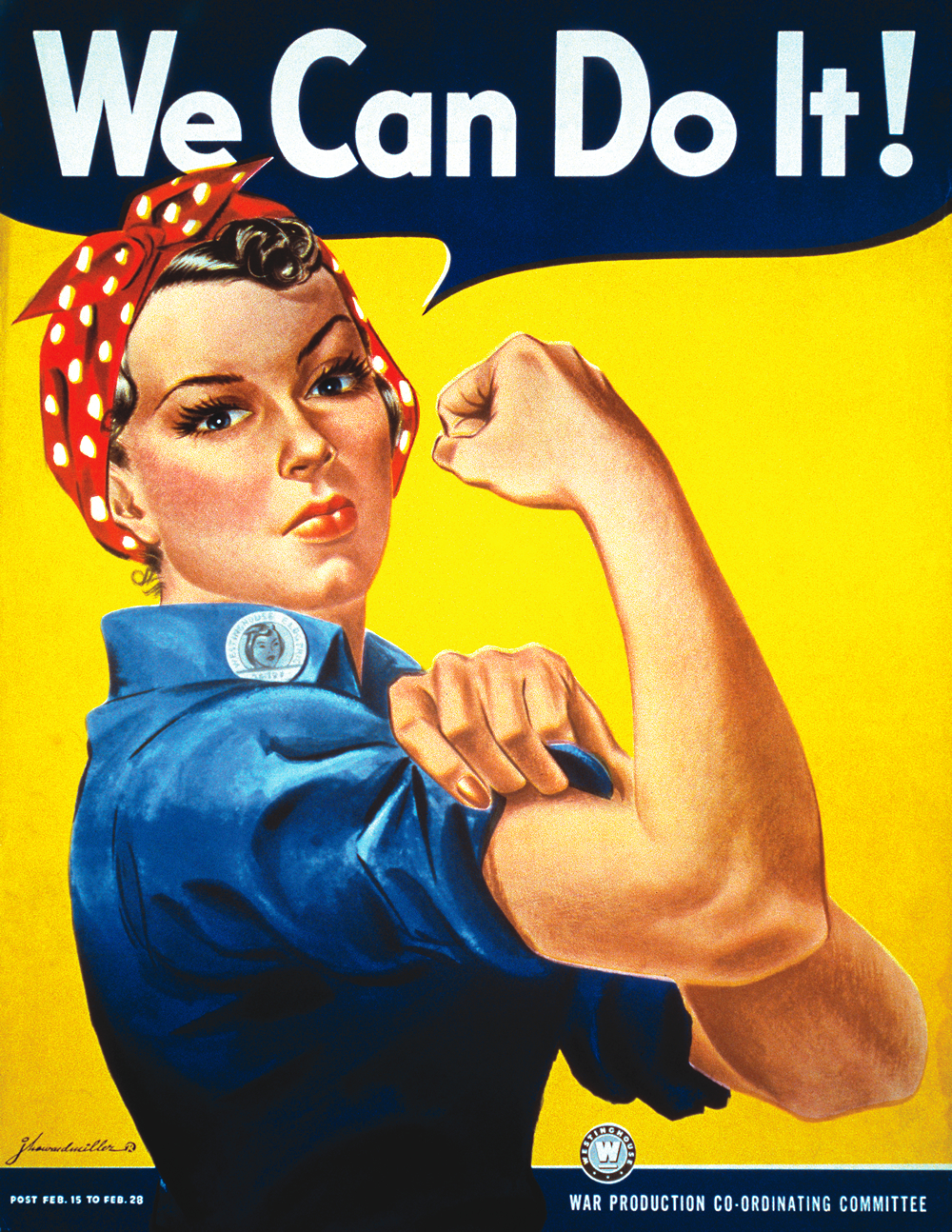Endings are always a good time for
reflection, and so as the school year wraps up another reflection is in order.
I have made quite a few changes since the beginning of the year, for
example the qualities of my titles has definitely gotten better as
the year progressed. But the more intriguing changes I've made are in
the content of my blogs and the connections I make from class to larger themes.
Although the goal of these blogs was to relate class or everyday happening to
"greater American themes", I honestly don't think I fully mastered
that until about midway through 3rd quarter.
It all began with
a blog post titled "Today's
Society Pill Poppin'", which was about how "White Noise"
characters were dependent on a drug called Dylar and how it relates to
the over-diagnosis problem with present day America. This blog
included a quote from an in-class text, a link to a colleague's blog,
a connection between something we learned in class to a present day
phenomenon (plus it was commented on by Doc O'C!).
After that post
I'd like to say that my posts became radically more interesting however they
were a bit watery because they were mostly stretched attempts at
connecting my Junior Theme (on illegal immigrants in the agriculture industry)
to various American or in-class themes. But one post that stood out to me was a
post titled "Happy Farms",
although this one did not include a comment from Doc O'C, it drew a contrast
between how the food industry is perceived in the media. It including
statistics and drew a parallel between illegal immigration and
inhumane treatments of farm animals. I really liked this
post because it included things that are current such as "Food
Inc.", "Happy Farms", and "Farmville" and related it
to things like my Junior Theme. All of these topics worked well together and
they brought new interesting ideas to light.
My posts really
started to become tantalizing again in May, all of those posts were inspired by
things I saw and things that were around me and that is what I think made
certain post stronger than others.The fact that I kept the "American
Studies Mindset" while conducting everyday things and was able to connect
those things to "Greater American Themes" is what made certain blogs
stronger. In "Don't
we all want to be 'Oggsford' men?" I linked a sign I saw (and
photographed) to the "Great Gatsby" and the theme of education
playing a factor in status. This is evidence of me looking at things more
critically and these are the types of blogs that end up being stronger than
others. Overall I have progressed throughout the year in that I have been able
to look at everyday things more critically, evidence by the last couple blogs
of the year.
******MY FAVORITE POST OF THE SEMESTER IS "DON'T WE ALL WANT TO BE 'OGGSFORD' MEN?" ***********************





















